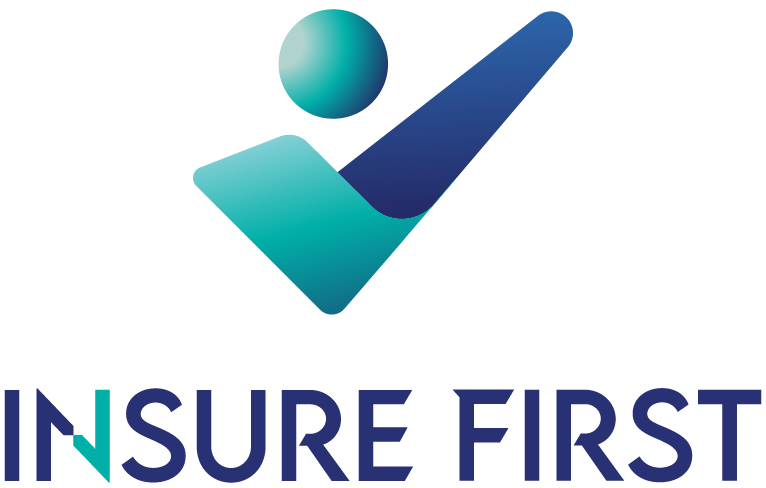Flying high in the UAE’s bustling skies comes with its share of risks. Whether you’re a commercial airline or a private jet owner, protecting your aircraft is paramount. That’s where aviation insurance and private jet insurance come into play. In this guide, we’ll explore what these insurances entail, why they’re essential for businesses in the UAE, and what to consider when choosing coverage.
What is Aviation Insurance?
Aviation insurance covers a range of risks associated with owning and operating aircraft. It includes coverage for hull damage, liability for passengers and third parties, as well as coverage for the contents of the aircraft.
What is Private Jet Insurance?
Private jet insurance is specifically tailored for owners of private jets. It provides coverage for the aircraft’s hull, liability, and other specific needs of private jet owners.
Why is it Important for Businesses in the UAE?
For businesses in the UAE involved in aviation, these insurances are crucial. They provide financial protection against unforeseen events such as accidents, damage, or liability claims.
Benefits of Aviation Insurance and Private Jet Insurance:
Financial Protection: Protects your investment in the aircraft and covers liabilities in case of accidents.
Legal Compliance: Some forms of aviation insurance are required by law in the UAE, ensuring compliance with regulations.
Operational Continuity: Minimizes financial disruptions due to unforeseen events, keeping your operations running smoothly.
Points to Consider When Choosing Coverage:
Coverage Limits: Ensure that the coverage limits are sufficient to cover the value of your aircraft and potential liabilities.
Policy Exclusions: Be aware of any exclusions in the policy, such as acts of war or terrorism, that may limit coverage.
Claims Process: Understand the claims process and ensure it is straightforward and efficient to minimize disruptions.
Cost vs. Benefits: Compare quotes from different insurers to find the best balance between cost and coverage.
Additional Services: Look for insurers that offer additional services, such as risk management and safety training, to enhance your coverage.
Legal Compliance
Legal compliance regarding aviation insurance in the UAE typically revolves around ensuring that certain forms of insurance coverage are in place as mandated by aviation regulations. Here’s an overview:
- Third-Party Liability Insurance: In the UAE, aircraft operators are usually required by law to have third-party liability insurance. This insurance covers liability for bodily injury or property damage to third parties (passengers, ground personnel, or property) caused by the aircraft.
- Passenger Liability Insurance: Airlines operating commercial flights are often required to have passenger liability insurance. This coverage provides compensation for bodily injury or death of passengers during air travel.
- Cargo Liability Insurance: Aircraft operators transporting cargo may be required to have cargo liability insurance. This coverage protects against damage or loss of cargo during transit.
- Hull Insurance: While not always mandated by law, hull insurance, which covers damage to the aircraft itself, is often required by lenders or leasing companies as a condition of financing or leasing an aircraft.
- War Risk Insurance: In certain regions or during specific operations, aircraft operators may need war risk insurance to cover risks related to acts of war, terrorism, or political instability.
- Governmental Regulations Compliance: Apart from insurance requirements, aircraft operators must also comply with various governmental regulations related to aviation safety, security, and operations. Insurance policies often need to meet specific regulatory standards to ensure compliance.
Ensuring that the aviation insurance coverage meets the legal requirements set forth by UAE aviation authorities is essential for aircraft operators to operate legally and mitigate financial risks associated with aviation operations. Compliance with these regulations helps protect both the interests of the insured parties and the public at large.
Safety and security of aircraft
Governmental regulations compliance for aircraft operators encompasses a wide range of requirements related to aviation safety, security, and operations. Here are some key aspects of governmental regulations that aircraft operators must comply with:
- Licensing and Certification: Aircraft operators, pilots, and maintenance personnel must hold appropriate licenses and certifications issued by civil aviation authorities. These licenses and certifications demonstrate that individuals and organizations meet the necessary competency and safety standards.
- Aircraft Registration: All aircraft must be registered with the civil aviation authority of the country where they are operated. Registration ensures that the aircraft meets safety and airworthiness standards and is legally authorized to operate within the jurisdiction.
- Airworthiness Standards: Aircraft must comply with airworthiness standards set by civil aviation authorities. This includes regular inspections, maintenance, and adherence to manufacturer’s specifications to ensure that aircraft are safe and fit for flight.
- Operational Regulations: Regulations govern various aspects of aircraft operations, including flight planning, air traffic control procedures, crew training and qualifications, aircraft performance limitations, and minimum equipment requirements.
- Safety Management Systems (SMS): Many aviation authorities require aircraft operators to implement safety management systems to proactively manage safety risks. SMS involves identifying hazards, assessing risks, implementing safety measures, and continuously monitoring and improving safety performance.
- Security Measures: Aircraft operators must comply with security regulations aimed at preventing unlawful interference with civil aviation, such as hijackings, sabotage, and terrorist attacks. This may include screening passengers and baggage, implementing access control measures, and conducting security training for personnel.
- Environmental Regulations: Aviation authorities may impose regulations to mitigate environmental impacts associated with aircraft operations, such as noise pollution, emissions, and wildlife hazards.
- Reporting and Record-Keeping: Aircraft operators are often required to maintain records of maintenance activities, flight operations, crew qualifications, and safety incidents. They may also be required to report certain events, such as accidents, incidents, or safety violations, to the relevant authorities.
Compliance with governmental regulations is essential for ensuring the safety, security, and efficiency of aviation operations. Failure to comply with these regulations can result in regulatory sanctions, fines, or even suspension of operating privileges. Therefore, aircraft operators must stay informed about applicable regulations and take proactive measures to ensure compliance.
Aviation insurance and private jet insurance are essential tools for businesses in the UAE’s aviation industry. By understanding their benefits and choosing the right coverage, you can protect your investment and ensure the smooth operation of your aviation business.
For tailored aviation insurance solutions, contact InsureFirst Consultancy. Our expert team can help you navigate the complexities of aviation insurance, ensuring your business is protected against potential risks in the UAE’s skies.

